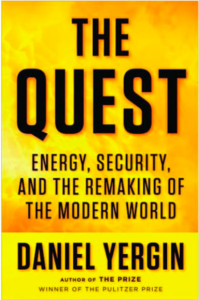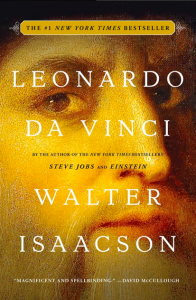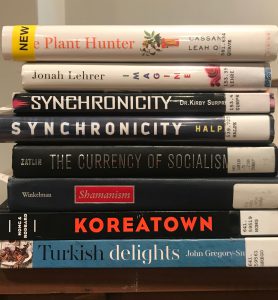Though not newly published, two worthwhile non-fiction books to spend time reading: For anyone interested in the global energy system, Dan Yergin’s “The Quest” (2011) is worth your time. Covering everything from the creation of large multi-national oil companies in the late ’90s to current efforts to generate photovoltaic energy, you’ll be the better for reading this.

For those looking to understand art and applications to science, you’d be well served to spend time with Walter Isaacson’s biography of Leonardo da Vinci (2017). You’ll learn new tidbits (including that Leonardo was a musician), hear about his complicated family life, and go beyond the usual Leonardo favorites. Inspirational and enjoyable reading!




